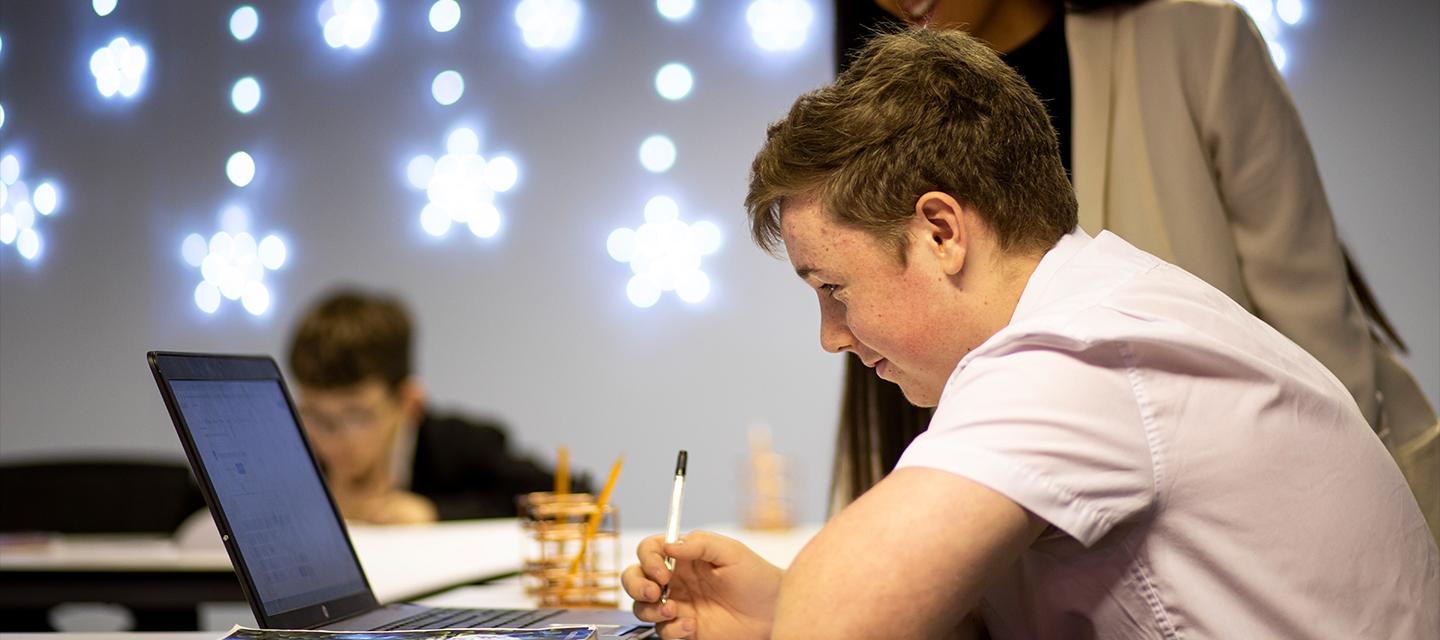DOES MY CHILD HAVE A DISABILITY?
The Equality Act 2010 states that a person has a disability if they have a physical or mental impairment and the impairment has a substantial and long-term adverse effect on their ability to carry out normal day-to-day activities.
A physical or mental impairment includes:
Learning difficulties
Medical conditions, including epilepsy, diabetes, more severe forms of asthma and eczema
Specific learning difficulties, including dyslexia
Autism
Speech, language and communication impairments
If the impairment has a substantial and long-term effect on a person’s ability to carry out normal day-to-day activities it may amount to a disability.
A young person has special educational needs if he or she has a learning difficulty or disability which calls for special educational provision to be made for him or her.
A young person has a learning difficulty or disability if he or she:
(a) Has a significantly greater difficulty in learning than the majority of others of the same age, or
(b) Has a disability which prevents or hinders him or her from making use of facilities of a kind generally provided for others of the same age in a mainstream school.
If you would like to discuss any educational needs that you feel your son or daughter may have please contact Katrina Spence.
